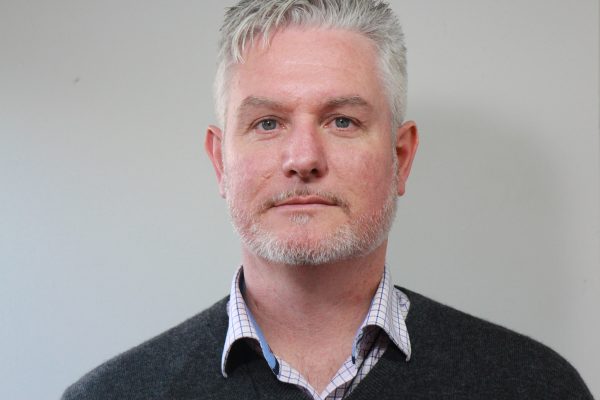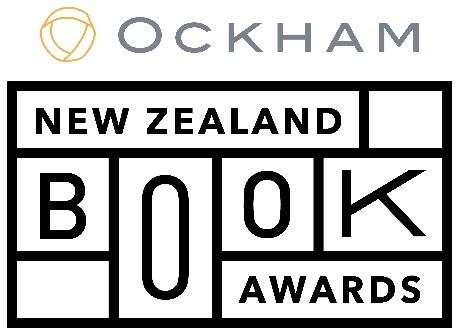A novel exploring the cult-like logic of internet communities alongside organised religious groups such as Gloriavale and Scientology will be the focus of University of Waikato’s new Writer In Residence, Diana Clarke.
Clarke, who has been completing her PhD in Creative Writing and Literature at the University of Utah, has returned home to New Zealand for the 12-month residency, jointly funded by the University and Creative New Zealand.
She says the impetus for her new book, Gleeville, has been driven by “the embarrassing amount of time” she has spent on her phone during the Covid-19 pandemic.
“The internet is a petri dish for misinformation, and social media platforms allow for the amplification and dissemination of misinformed voices,” says Clarke.
“The pandemic’s arrival really heightened this trend, and now the internet looks like a bunch of little cults, not unlike physical world cults, with online communities operating as echo chambers at war with other echo chambers.”
Gleeville will be Clarke’s third book.
While she has been writing, studying, and teaching in America, Clarke has also devoted time to running informal writing workshops at a handful of anorexia recovery facilities around the United States. The relationship started when a facility manager called to say they wanted to stock her first book, Thin Girls (Harper Collins).
Clarke, who experienced an eating disorder in her early 20s, drew on her own experiences for the novel that explores body image and queerness as well as toxic diet culture and the power of sisterhood, love, and lifelong friendships.
“I was quite dumbfounded when the centre called. The idea that the people I was thinking about when I wrote that book were now reading it.”
The writing workshops at the facility saw her help patients write about their experience or a letter to themselves or their family.
“I was in and out of anorexia recovery for about 18 months when I was in my early 20s and I started writing around that time too. I don’t want to say writing cured me, because it definitely did not, but having something to channel yourself into, having something that makes you feel productive, I think that did contribute to my recovery,” says Clarke.
Clarke’s second novel, The Hop (Harper Collins), will be published in June and tells the story of how a poor girl coming of age in rural New Zealand grows to be a sex icon, the face of a movement, and a mother, all at the same time.
Clarke says she spent a lot of time talking to sex workers in both New Zealand and America as part of her research for that story.
She expects Gleeville to be very different from her two previous works.
“The book is about cults at the thematic level, but it’s also a family drama. It’s about a millennial woman struggling with financial instability, becoming a nanny, and falling in love with a married man,” says Clarke.
Or at least that’s what the story is about right now, says Clarke.
She says the residency at Waikato would not only provide the luxury to focus on her novel for a year, it would also provide the opportunity to immerse herself in the New Zealand literary community.
“I feel really lucky to have the residency at Waikato because I’ve always been a part-time writer, fitting my writing in around study and teaching. To have a full year to focus on nothing but writing is any writer’s dream,” says Clarke.
Associate Professor of English, Dr Sarah Shieff, says the University is excited to have Clarke in the position, ensuring that the cultural life in Te Kura Toi the School of Arts, and the wider University, is rich and vibrant.
Clarke’s residency will overlap with Michalia Arathimos, the Writer in Residence for 2021, who will be on campus until the end of March.




